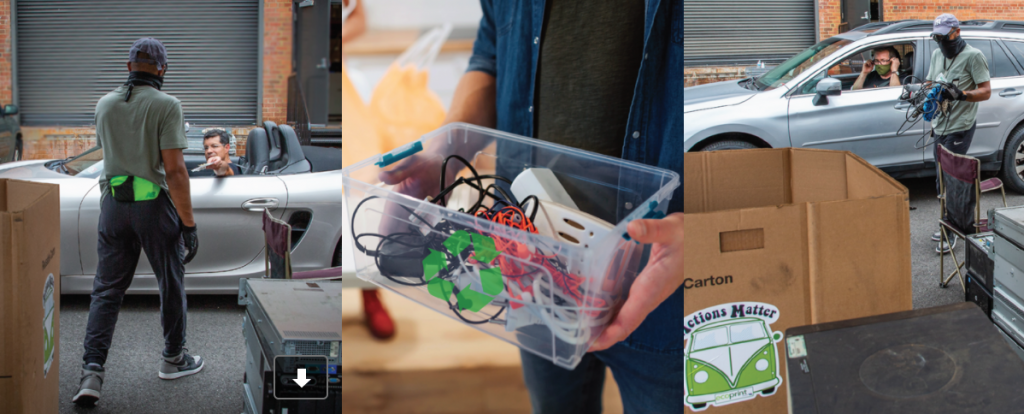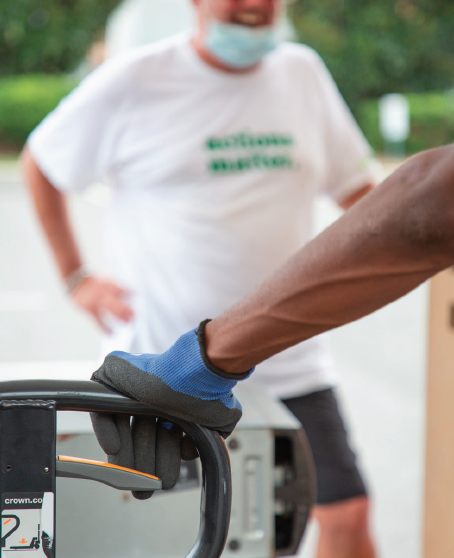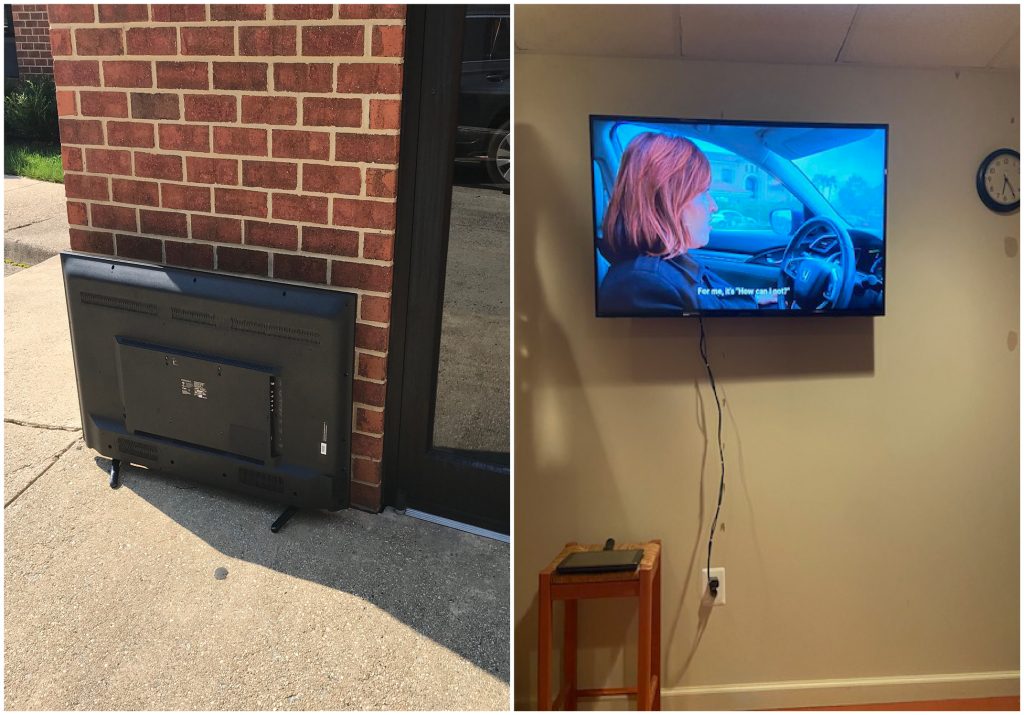As part of our ongoing outreach to the community, Ecoprint conducted an inaugural e-recycling event on Saturday, August 8th. The event exceeded our expectations, drawing a wide range of clients and members from the local community. Visitors disposed of everything from obsolete phones, laptops, computers, and tablets to thousands of once-beloved CDs. The event was conducted in partnership with ForestPlanet, an organization that supports large-scale reforestation efforts all over the world.

During our one-day event, we received over 100 loads of used electronics, approximately two tons of material that otherwise would likely have ended up in a landfill, or worse. Our efforts ensured that a significant amount of mercury and other dangerous materials will never leach into the water table or become a pollutant on distant shores.
In addition to responsibly disposing of unwanted electronics, proceeds from the event went to reforestation projects. We exceeded our goal of planting 10,000 trees—ForestPlanet has committed to planting 15,000 trees in parts of the world where they are needed most. eRecyc, an R2-certified e-disposal vendor, collected the electronics from participants safely and quickly.

It is estimated that the world’s population will discard nearly 57 million tons of e-waste by 2021. The U.S. is the second largest producer of e-waste after China, averaging over 64 pounds per person. Globally, we only recycle 10% of our e-waste.The other 90% will find its way to a landfill—where harmful chemicals seep into the soil and water table—or are incinerated, releasing those same poisons into the atmosphere.
So, what can you do?
Reduce: Instead of buying the latest and greatest, stick with what you have. Taking care of your electronics ensures that they last longer.
Reuse: Consider passing still-useful electronics along to a friend or family member, donate or sell them. Your efforts could result in fewer functioning electronic devices polluting our landfills. We would all be surprised just how many functioning electronic devices are dumped into landfills.
Repair: Online resources like ifixit.com offer free repair guides for a wide range of electronics, providing reliable information that will help you get your tech back in working order.
Recycle: When you must dispose of an item, find a responsible recycler. You are looking for someone that is R2-certified, like eRecyc, who is qualified to meet the cleanest and most responsible standards for e-waste recycling.
Lastly, we want to share an amusing story that helps tie everything together. After seven pallets of e-waste were successfully loaded onto the eRecyc truck and headed to their facility in Frederick, Maryland Saturday evening, a late donation was dropped off in front of our offices. Leaning against the front door Monday morning, we discovered a large flat screen TV. I loaded this discarded item into my car to dispose of properly.
Upon arriving home, I completely forgot about the electronic passenger that accompanied me from Virginia to Maryland. I pulled it out of my back seat and was prepared to leave it in our garage until I had time to dispose of it. Then I decided to plug this TV in to see if there was any hope for it. Much to my surprise, it flickered to life and was fully functioning. I didn’t have to recycle the TV after all; I could donate it.

Let’s all consider the small changes and actions that we know will affect our world in significant ways. Your small changes can have a big impact.
Sustainably,
Bobby Firestein
P.S.- Ecoprint is publishing a series of reports that will provide a basic introduction to several of our biggest sustainability challenges. The first issue of Ecoprint Insights focuses on the growing issue of e-waste. In our search for finding a proper disposal site, we learned just how big a problem e-waste is. Once you read this report, you might pause on that latest cell phone upgrade and become an advocate for more sustainably designed devices.
